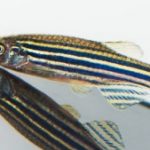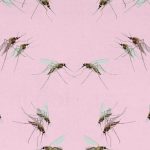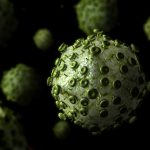Genes, not hormones, are probably to blame for extreme morning sickness
A new study led by researchers at UCLA in conjunction with 23andMe claims to have found genes that increase the risk in extreme nausea and vomiting during pregnancy. The condition, also known as hyperemesis gravidarum, plagues 2% of pregnant women.
The biotech giant studied two groups: 1,300 women with the most severe form of morning sickness and another 15,700 who did not have the condition. In addition, researchers studied the symptoms data of 50,000 23andMe female customers (who consented to participate). Within these groups, they found severe morning sickness most strongly correlated with the genes GDF15 and IGFBP7.
“It has long been assumed that the pregnancy hormones, human chorionic gonadotropin or estrogen, were the likely culprits of extreme nausea and vomiting, but our study found no evidence to support this,” said, Marlena Fejzo, associate researcher at the David Geffen School of Medicine at UCLA, in a press statement.
There are few medications and solutions for women who suffer from severe morning sickness, yet it is the second leading cause of hospitalization during pregnancy, with patients often requiring intravenous fluids or in extreme cases, feeding tubes. With these new findings, researchers hope they can potentially alter GDF15 and IGFBP7 protein levels during one’s pregnancy to minimize symptoms.
“It is my hope that one day a medication that affects this pathway will be used to successfully treat and possibly cure hyperemesis gravidarum,” Fejzo said.
It’s been a big month for 23andMe. Earlier this month, the company announced that the FDA approved at-home kits to test for breast cancer-related gene mutations. In addition, its research department is the middle of the largest study yet on diet, exercise, and DNA, with over 100,000 participants.
(18)














